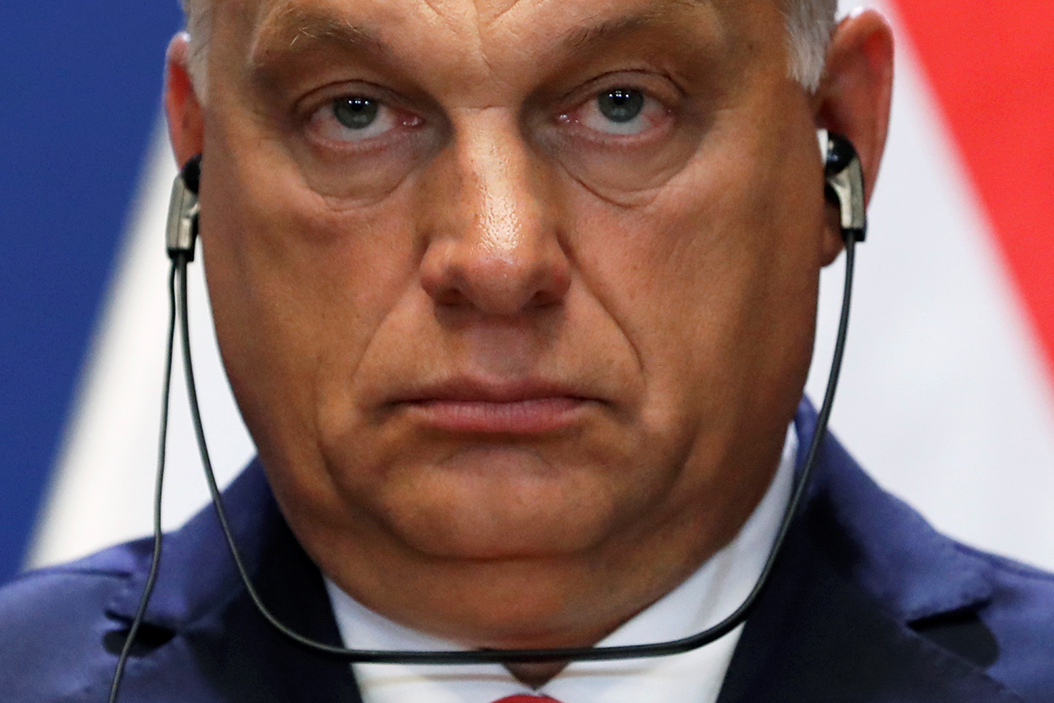Will Orbán loosen the reins? Back in March, Hungary's strongman prime minister Viktor Orbán irked the European Union when he used the coronavirus crisis to push through an emergency law that opened the way for him to rule by decree indefinitely. Critics saw the move – which granted Orbán unchecked power to suspend parliament, cancel elections, and jail people for five years if they spread misinformation about the pandemic – as evidence of Orbán's avowedly "illiberal" impulses. But with the outbreak on the wane in Hungary, the legislature – which Orbán's Fidesz party controls – has scrapped emergency decree. Orbán says that Brussels' opprobrium was unjustified – and called on both the EU and the "fake news" media to issue an apology. But there is in fact proof that Orbán's party used the emergency situation to legislate on issues that have nothing to do with the COVID crisis. Crucially, rights groups say that the government used the parliamentary hiatus to limit the rights of transgender people, as well as to stash documents related to a secret development project with China.
Sticks and stones will break my...border: As many as 20 Indian soldiers died on Tuesday in a snowy skirmish with the Chinese military in a contested part of the Himalayan Galwan Valley. Although no shots were fired – the brawl involved rocks and sticks – it's the most deadly border clash between the two nuclear armed Asian powers since 1967. Indian and Chinese troops have been facing off regularly for weeks now in a high-altitude game of cat-and-mouse with no immediate end in sight. Even neighboring Nepal has been drawn into the conflict over a new official map issued by Kathmandu that Delhi suspects Beijing helped redraw. China is unhappy about recent Indian infrastructure development in the region, including a road leading to an airport in Galwan which India argues is on its side of the Line of Control. The two old rivals already fought one brief war over the area in 1962 (China won). Military officials from both sides are meeting to de-escalate the situation.
UNSC campaign season: The race is on to secure the non-permanent seats on the United Nations Security Council now up for grabs. The UNSC, which has the power to authorize peacekeeping and impose sanctions, has five permanent members and ten non-permanent seats – five of which are elected each year by the full General Assembly. The seats are apportioned to specific geographic regions. Norway, Ireland and Canada are all the frontrunners for one of the seats. Canadian Prime Minister Justin Trudeau has actively lobbied the Council's permanent representatives ahead of Wednesday's vote, while Ireland gave the World Health Organization, a UN body, a $10 million "gift," quadrupling its usual contribution. As the sole candidates in their respective categories, India and Mexico are all but guaranteed to pick up seats, while Kenya and Djibouti are battling it out for one seat designated for Africa.
More For You
Think you know what's going on around the world? Here's your chance to prove it.
Most Popular
The US government will reportedly fund MAGA-aligned parties and think tanks in Europe. But with US President Donald Trump’s favorability in Europe so low, do they even want the money?
Zelensky agrees: elections matter #PUPPETREGIME
As more small businesses move sales, payments, and customer relationships online, they unlock new opportunities, but they also become easier targets for cyber-criminals and other threat actors.
